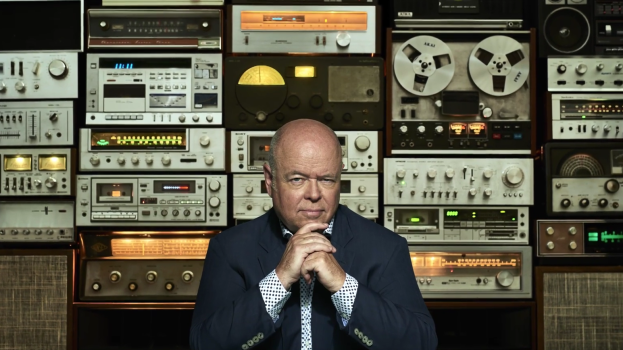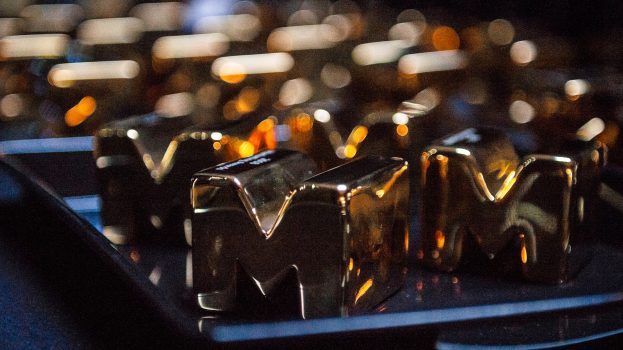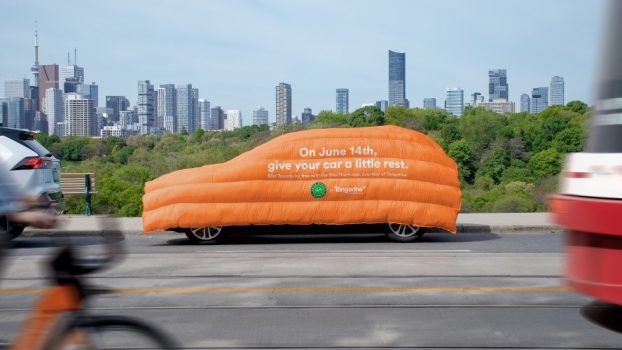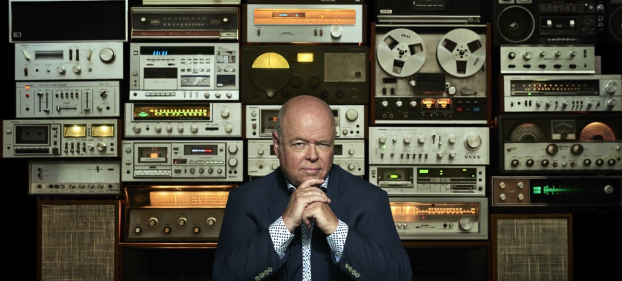Consumers are more cynical than ever. Need proof? Check out this feature for stats on how distrusting we’ve all become.
Need further proof? I recently found myself surprisingly cynical about something that most people seemed to embrace wholeheartedly – the Honey Maid creative that went viral last month. As most of you know, the ad featured families some might consider “alternative,” such as a gay couple, a tattooed dad, etc. and called them wholesome. I completely agree with the message. Those families are no less wholesome than any other. Commercials like this are not only nice to see, they’re important for moving society forward.
But of course, there was backlash. And Honey Maid responded by turning the backlash into art, forming the word “Love” with printed tweets and emails.
It left a glowing halo around the brand. But when I saw the ad and subsequent response, the first thing I thought was “this feels forced.”
I have no reason to believe that Honey Maid’s intentions weren’t good, so what kind of cynical monster have I become?
More than ever, I’ve been looking at brands with a critical eye. It used to be a running joke (and sad reality) that some marketers would say, “Let’s do something that goes viral!” Now I can’t help picturing them sitting around a boardroom saying, “Let’s do something controversial! Then when there’s backlash we can release the perfect response and everyone will love us!”
But I suppose I’m not a complete cynic.
When Tim Hortons came out with its commercial where an immigrant father greets his family at the airport and they experience our winter for the first time, it had me in tears. I knew it was an ad to sell coffee, but it felt true to the brand. When I travel abroad and come back to Canada, I know I’m home when I smell the Tims coffee wafting from the airport shop. Tim Hortons equals Canada. It equals home. And for the folks in the ad, it equalled a new home and new life.
Tims has been delivering on its brand promise and tapping into real insights for half a century, so no wonder it’s become as synonymous with our nation as the maple leaf and the Mounties.
I believe consumers, generally, aren’t naïve. They know you’re a brand trying to sell products. But it’s become more important than ever that any “good” you do – be it a commercial with a positive message or a CSR program – be steeped in authenticity (it’s a buzzword but it’s true).
Our Cause + Action winner this year is a brand with its own charity that has been around for years. Ronald McDonald House Charities has established itself in the communities it serves, and while it’s associated with a major global QSR that often faces criticism, no one looks cynically at McDonald’s ties to its charitable cause or the good it does for the families it helps. Read about the other, true-to-themselves winners, here.
The lesson that is echoed throughout this issue is that amidst today’s cynicism, if you’re going to do something good (and all brands should strive to), you better make sure it’s as authentic as possible. There’s that buzzword again.
























